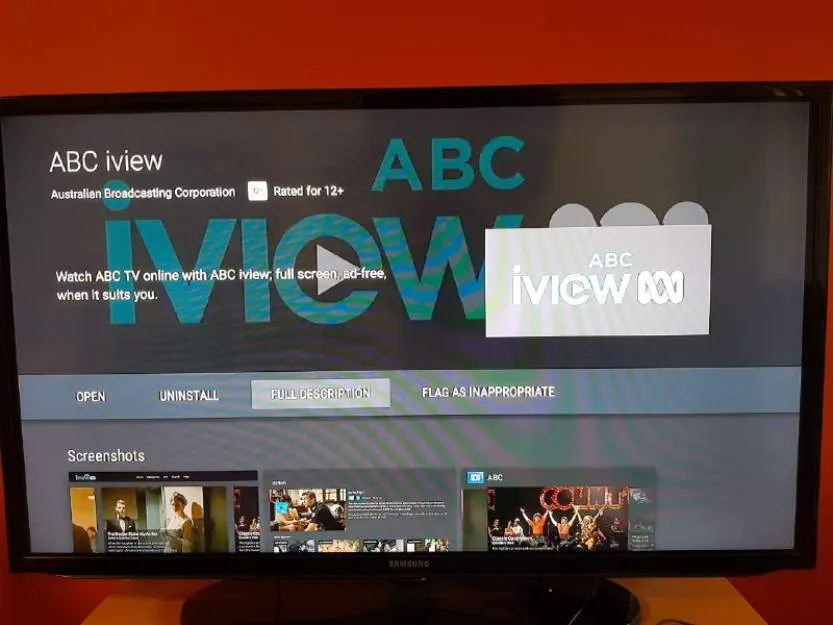For those who wish to use its iview service, the taxpayer-funded broadcaster has announced.
In a statement Thursday, ABC said it would collect but not sell user data, although it has been found in the past to share the data with Google and Facebook.
iview is a service that allows viewers to see programs that have already been broadcast, or, in some cases, which are yet to go to air.
The change was originally scheduled for the middle of last year, but was delayed due to strong criticism from privacy experts and others over the proposed mechanisms for sharing and recording data. One point of contention was ABC’s plans to share viewer data with Facebook and Google.
The ABC says “significant work has been undertaken in providing effective privacy controls” during this delay. But nevertheless, critics maintain the new provisions still involve sharing using data without full consent.
While the default settings for an ABC account would be to share data with Google and Facebook, the statement said users could control what data they share with third parties by making changes in their account settings.
Following an FOIA request by security researcher Dr Vanessa Teague last year, it emerged that the iview user data collected by the ABC through Google Analytics was being stored in the US.
“Personalised ABC iview services will mean increased user experiences through features including program recommendations, watchlists and the ability to pick up a show where they left off, across multiple devices,” the statement said.
It claimed the use of logins would enable “the commercial-free public broadcaster to continue to nurture its relationship with audiences”.
Data Collection
We know that for years organisations like Google and Facebook have been collecting data about every social media search and post we make and every website we visit.
Often, the argument for collecting this data is similar to the one ABC uses: collecting it provides more personalized recommendations and a better user experience. However, tech companies are also making billions by using this data to sell personalised ads (and sometimes selling actual data).
In fact, organizations like Electronic Frontiers Australia have argued that this type of data collection can be a slippery track for profiling and bias, with organizations using it to choose who should receive particular services or assistance.
The ever-increasing collection of data comes at the same time as the government moves to centralise its databases under the myGov banner, tying all government services to Medicare or tax codes.
How enjoying Q+A might raise tricky questions
ABC and its plan require each user to create a profile and sign in to its service. The main question here is the same as when using a Flybuys card or creating a new social network account.
Does the convenience of sharing this data (in this case ABC), in terms of personal recommendations and watchlists, as well as the ability to access the service in general, balance what we believe our data will ultimately be used for?
And when we ask this question, it’s worth thinking very broadly. While in this case we are only talking about watching the story and viewing time, it’s not much different from cat food and diapers when you think about it.
Significant amounts of information can be inferred from our browsing habits, from our political leanings to our attention span. What it might be used for is anyone’s guess.
This doesn’t mean that you shouldn’t create an account, but rather that you need to log in with your eyes wide open. Think about what iview means to you, what data can be shared and how it can be used. And then decide if you really love Bluey that much, after all.
Media Release provided by external inbound PR distributor







